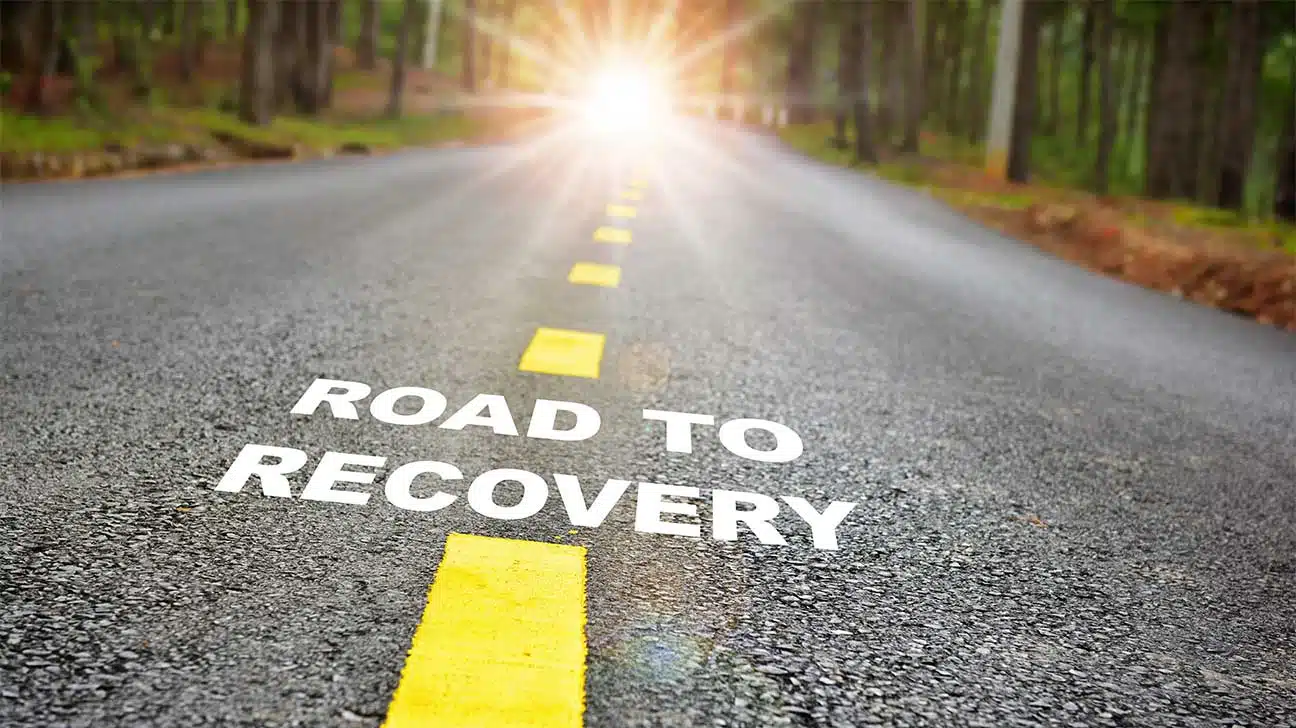
Drug and alcohol addiction can create many different symptoms, affecting a person’s psychological and physical health.
In turn, drug rehabilitation centers often use a number of therapeutic strategies to treat chemical dependency issues, such as psychotherapy, medication therapy, or holistic methods.
Continue reading to explore the various therapy methods used in addiction treatment programs and how they help clients overcome substance abuse.
Types Of Therapies Used In Addiction Recovery
As researchers have learned more about addiction and its roots in recent years, treatment options for alcohol and drug addiction have grown.
Often, people benefit most from a combination of approaches tailored to their individual needs.
Behavioral Therapies
One of the most well-known and effective types of therapy is behavioral therapy, which is still the cornerstone of many drug rehab facilities’ treatment approaches.
Behavioral therapy helps clients identify and address destructive thought patterns and behaviors, fostering healthy coping mechanisms for dealing with stress and other triggers.
The following are examples of behavioral therapies:
- cognitive behavioral therapy (CBT): CBT helps people recognize and change destructive thought patterns and behaviors. It equips them with coping strategies to manage triggers and cravings effectively.
- dialectical behavior therapy (DBT): DBT combines cognitive-behavioral techniques with mindfulness. It aids in regulating emotions, improving interpersonal relationships, and reducing impulsivity.
- contingency management (CM): CM provides tangible rewards for maintaining sobriety and adhering to treatment plans, reinforcing positive behaviors.
- motivational enhancement therapy (MET): MET strengthens motivation for change through empathetic counseling, goal setting, and exploring personal values.
- rational emotive behavior therapy (REBT): REBT identifies and challenges irrational beliefs that fuel addiction, promoting rational thinking and healthier emotional responses.
Group Therapies
Group therapies are used in addiction treatment to provide peer support, reduce isolation, and enhance social skills.
Sharing experiences and receiving feedback in a group setting can bolster recovery efforts as well as create a support network of sober confidants.
Group therapy examples include:
- family therapy: addresses dysfunctional family dynamics and helps family members understand and support their loved one in treatment
- group therapy: offers a setting where clients can explore their emotions, learn coping strategies, and receive guidance from a therapist while benefiting from the collective wisdom of the group
- peer support groups: an informal form of therapy, including 12-step programs such as Alcoholics Anonymous and Narcotics Anonymous, that provides a structured environment for people to share their experiences, gain insights, and receive encouragement from peers who understand their struggles
Medication-Assisted Treatment (MAT)
MAT is a comprehensive approach to addiction treatment that combines medication with therapy and counseling.
Medications can help people overcome physical symptoms during the detoxification process but can also address long-term psychological symptoms faced during recovery.
MAT medications like methadone, buprenorphine, or naltrexone help reduce cravings and have also been proven to help bolster the success of other therapies.
Alternative Therapies
Mental health professionals have discovered other ways of addressing drug and alcohol addiction that go beyond traditional methods.
The result is a slew of alternative therapy techniques that promote self-expression, physical health, and emotional well-being.
Alternative therapies used in addiction treatment include:
- art and expressive therapies: utilizing creative outlets like painting or music to explore emotions and promote healing
- mindfulness meditation: teaching clients to stay present, manage cravings, and reduce anxiety through mindfulness
- yoga and physical fitness: incorporating physical exercise and yoga to reduce stress and improve overall health and well-being
- acupuncture and acupressure: using traditional Chinese practices to alleviate withdrawal symptoms and enhance relaxation
- equine therapy: involving interactions with horses to build trust, empathy, and self-confidence
- nature and wilderness therapy: immersing clients in the outdoors to foster self-discovery, healing, and personal growth
Determining The Best Treatment Approach For You
Determining the right addiction therapies involves considering factors like the type and severity of addiction, any co-occurring mental health disorders, your personal preferences, and more.
Addiction specialists can help develop a treatment plan that takes into account all of your or your loved one’s treatment needs.
Therapy effectiveness can vary from person to person, so ongoing evaluation and adjustments from your care team may be necessary as you progress in recovery.
Find Drug Or Alcohol Addiction Treatment Today
Learn more about addiction treatment options and find the right treatment center for you or a loved one today by visiting AddictionResource.net.
Addiction Resource aims to provide only the most current, accurate information in regards to addiction and addiction treatment, which means we only reference the most credible sources available.
These include peer-reviewed journals, government entities and academic institutions, and leaders in addiction healthcare and advocacy. Learn more about how we safeguard our content by viewing our editorial policy.
- National Institute on Drug Abuse (NIDA) – The Science of Addiction
https://nida.nih.gov/publications/drugs-brains-behavior-science-addiction/treatment-recovery


